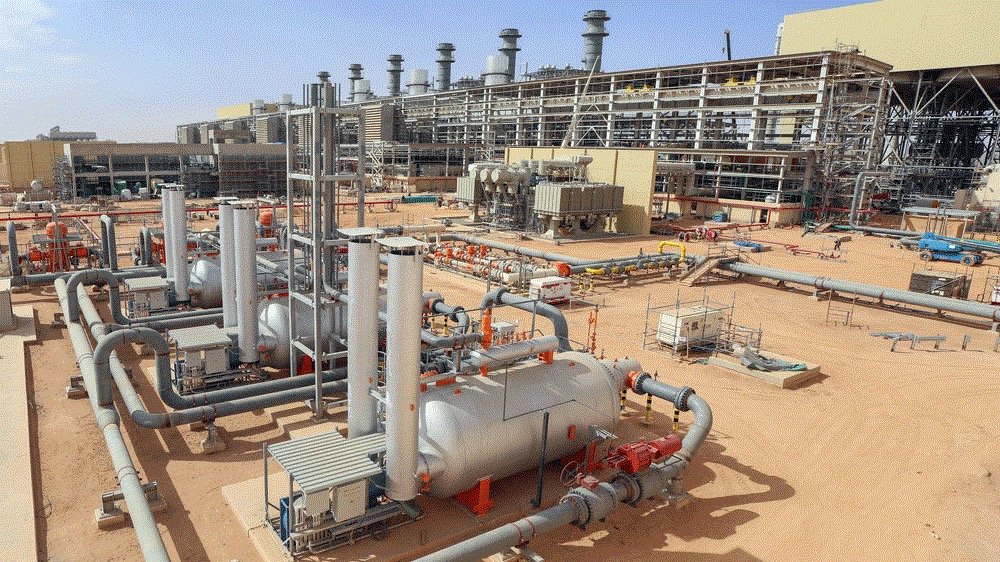Iraq pushes energy growth as the Baiji Power Station gets a major upgrade from a German-Chinese partnership. Prime Minister Mohammed Shia Al-Sudani launched the first phase of this key project in Salahuddin province. Once completed, it will add 1,014 megawatts to Iraq’s national power grid.
Therefore, expansion marks a milestone in Iraq’s journey toward energy self-sufficiency. The project is being led by Siemens Energy from Germany and China State Construction Engineering Corporation (CSCEC). Their mission is to restore six gas turbine units. Each turbine will produce 169 megawatts.
Additionally, Iraq pushes energy growth through full support for this power station upgrade. The government has invested in every stage of the energy process. This includes production, transmission, and distribution. Prime Minister Al-Sudani stressed that energy is central to Iraq’s development plans.
Moreover, the project will establish a strong power transmission network. Seven 400 kV lines will connect six power lines to Iraq’s national grid. This will make the transmission system more reliable and efficient. Also, a new 132 kV system with 16 lines will improve electricity supply in Salahuddin province.
Therefore, the first two turbines should begin working within 27 months. After that, more units will start every two months. This steady schedule will help Iraq meet rising electricity demand step by step.
Iraq pushes energy growth not only for today but also for future needs. By restoring the Baiji plant, Iraq reduces its power shortages and dependence on outside sources. The local economy will benefit too, as stable energy encourages investment and job creation.
Moreover, the project strengthens ties between Iraq and both Germany and China. It shows Iraq’s willingness to work with international partners for major infrastructure goals. These partnerships improve quality, speed, and technical outcomes.
With this upgrade, Iraq moves closer to energy security. The Baiji plant once suffered during past conflicts. Today, it is turning into a symbol of progress. Thanks to the German-Chinese effort, Iraq is taking firm steps toward rebuilding a stronger power system.
In conclusion, this project represents a vital part of Iraq’s long-term power strategy. It combines global expertise with national ambition. As Iraq pushes energy growth, its future looks brighter, more stable, and better connected.


